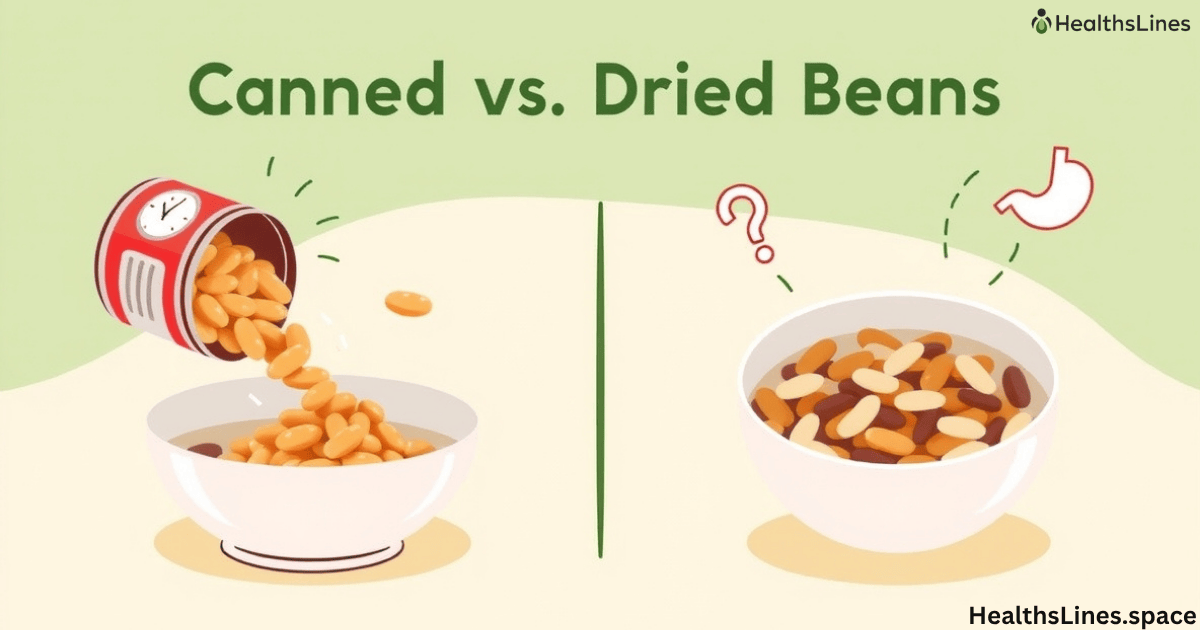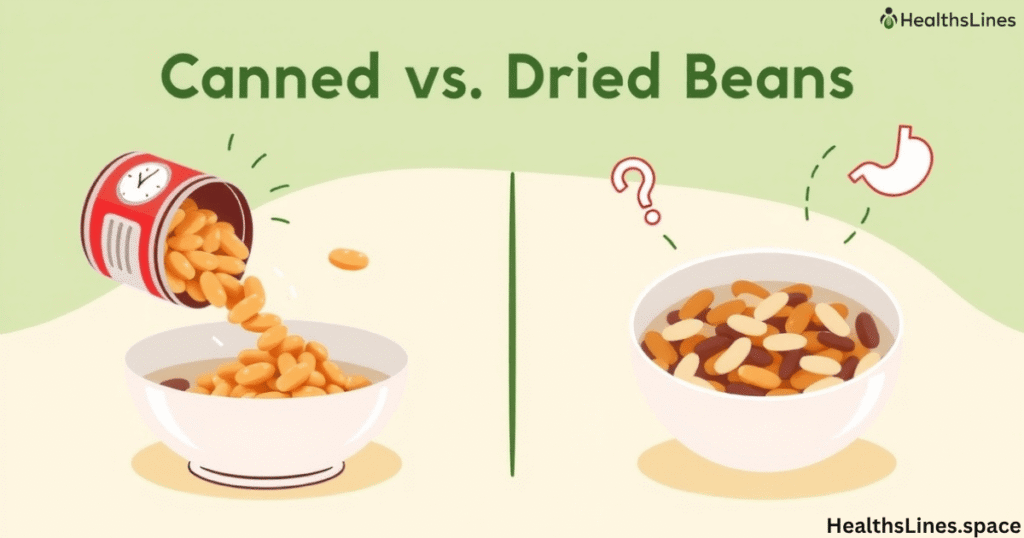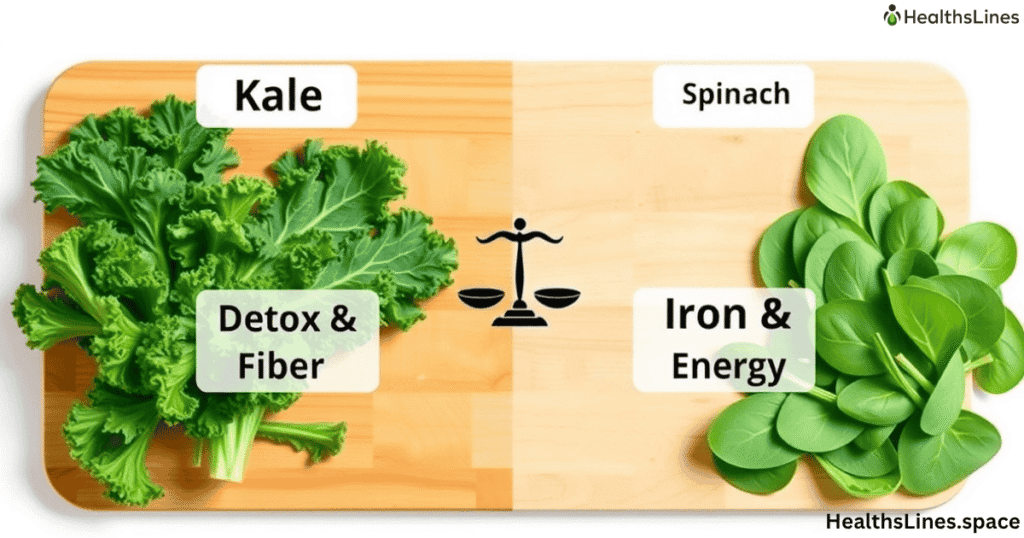Have you ever had cheese or milk before sleeping and then had a strange dream? Some people say that eating dairy before bed gives them weird or scary dreams. Others say it helps them sleep better. But what is really true? Can foods like cheese, milk, or ice cream change your dreams or your sleep quality? In this post, you’ll learn what science says about dairy and sleep, how it affects your body, and if you should eat it before going to bed.
What Science Says About Dairy and Dreams
Food can change how you sleep. Dairy foods like milk have a nutrient called tryptophan. This helps your brain make serotonin and melatonin. These brain chemicals help you feel calm and sleepy. So, drinking milk before bed might help you sleep.
But some people say that cheese and nightmares go together. A small study found that people had vivid dreams after eating cheese. This means their dreams were very clear and sometimes strange. So, dairy before bed can affect people in different ways.
Why Some People Have Bad Dreams After Dairy
Some people get bad dreams after eating dairy, and it’s not just in their heads. When a person has lactose intolerance, their body cannot break down the sugar in milk and cheese. This can cause pain, bloating, and gas, especially at night. If your stomach hurts while you sleep, you may wake up more often. Each time you wake up during the night, your brain can remember your dreams more clearly. These dreams may feel more strange or scary than usual.
This mostly happens during REM sleep, which is the stage of sleep when you dream the most. If your sleep is broken, your brain may stay more active, making dreams seem more real or intense. Also, when your tummy feels bad, it’s hard to relax. That makes it even harder to sleep deeply. So, even though not everyone has this problem, many people do notice dairy before bed changes the way they sleep and dream.When sleep is broken, dreams can feel more strange. Your body may wake up often. This happens during REM sleep, the stage where dreams happen. If your tummy hurts, you may sleep lightly and remember your dreams more.
How Your Stomach Talks to Your Brain
Your stomach and brain send messages to each other. This is called the gut-brain connection. What you eat can change how you feel and sleep. If your stomach is healthy, your sleep can be better too.
Some foods like yogurt have good bacteria. These help your stomach stay healthy. They may help your body make more serotonin, which helps you sleep. But if you have a bad stomach or can’t digest dairy, you may sleep badly and have strange dreams.
Is It the Dairy or the Time You Eat?
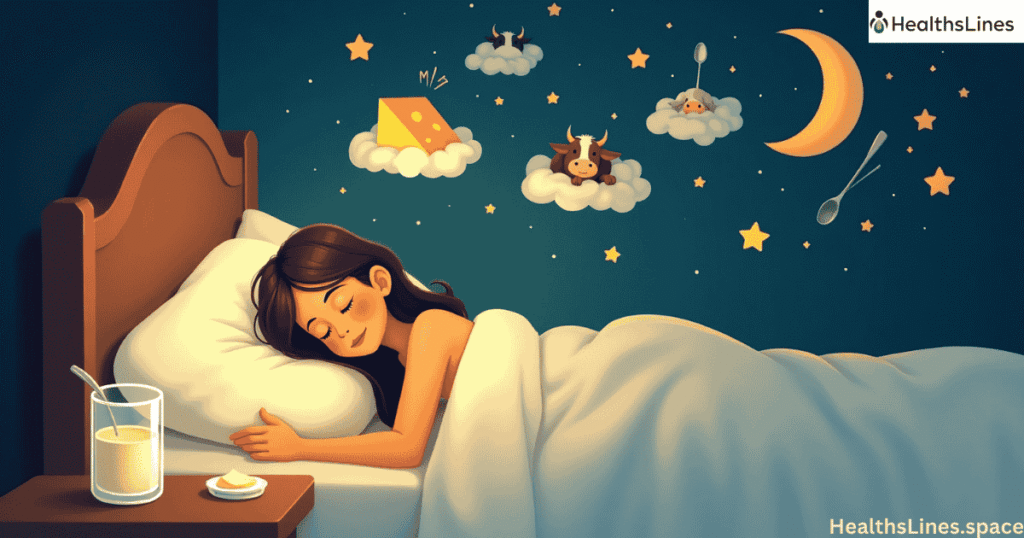
Some people think dairy causes strange dreams, but it might be the time they eat, not just the food itself. Eating late at night can make it harder for your body to relax and sleep. Foods like cheese or ice cream before bed are high in fat and take a long time to digest. If your body is still working to digest food, your sleep may not be as deep or restful.
When you eat close to bedtime, your body stays active. It focuses on digestion and sleep at the same time, which can lead to sleep disruption. This can stop you from reaching REM sleep, the stage where most vivid dreams happen. If your sleep is light or broken, you may remember more dreams. So, the timing of your meal matters. Try to eat your last meal at least two hours before bed to let your body rest better. This may help improve your sleep quality and reduce dream problems.Eating too close to bedtime can cause sleep disruption. Your body is busy digesting food instead of relaxing. This can stop you from reaching deep REM sleep and give you more dream recall.
Different Dairy Foods, Different Effects
Not all dairy is the same. Some dairy foods may help sleep. Others may not. For example, warm milk may help you feel sleepy. But aged cheese like cheddar has more casein, a milk protein that is harder to digest.
| Dairy Product | Sleep Effect | Dream Impact |
| Warm Milk | Helps you relax with tryptophan | May help with dream recall |
| Aged Cheese | Can cause gas or pain | May cause vivid dreams |
| Ice Cream | High in fat and sugar | May cause sleep disruption |
| Yogurt | Has probiotics and is easier to digest | May help with sleep quality |
| Cream Cheese | High in fat | Might lead to cheese nightmares |
Who Has the Most Trouble With Dairy at Night?
Some people are more likely to have sleep problems from eating dairy before bed. One group is people with lactose intolerance. Their stomachs can’t handle milk or cheese well. When they eat dairy at night, they may get gas, bloating, or pain. This can keep them from sleeping deeply. When sleep is broken, vivid dreams are more common because the brain stays more awake and active. These dreams may feel strange or even scary.
People with stress, anxiety, or sleep disorders may also have more problems. Their minds are already busy. Eating hard-to-digest foods like cheese or ice cream before bed can make things worse. Their sleep is light, so they may remember more dreams. Even if dairy is not the direct cause, it can still add to their sleep troubles. If you are in one of these groups, watching how dairy affects your sleep quality may help you feel better at night.People with stress or sleep problems may also have more trouble. Their minds are already busy, and hard-to-digest foods make it worse. Their sleep is light, and they remember more dreams. This makes it feel like dairy caused the dreams.
What Do People Say About Dairy and Dreams?
Many people say they’ve had strange or wild dreams after eating dairy before bed. Some talk about this on websites and in videos. They say things like, “I ate cheese and had the weirdest dream ever!” Some people say it happens every time they eat cheese before bed. Others say they sleep better when they drink milk before bed. So, people have very different stories.
Some scientists think these stories might come from something called a placebo effect. This means if you think dairy will give you strange dreams, your brain might make it happen—even if the dairy didn’t really do it. If you don’t expect anything, maybe you won’t feel a change.
Still, your own experience matters most. If you notice that certain dairy foods give you strong or scary dreams, it’s okay to try changing what and when you eat. Everyone’s body is different, so finding what works for you is the best way to sleep well.
Should You Stop Eating Dairy at Night?
That depends on how your body feels. If you get a stomach ache or can’t sleep, try not eating dairy before bed. You can keep a food and dream journal. Write down what you eat, when you sleep, and what you dream. This helps find a pattern.
If dairy doesn’t bother you, it’s okay in small amounts. Try low-fat or easy-to-digest dairy like yogurt. Don’t eat right before bed. Wait at least two hours so your stomach can start digesting before you sleep.
Ways to Sleep Better Without Skipping Dairy
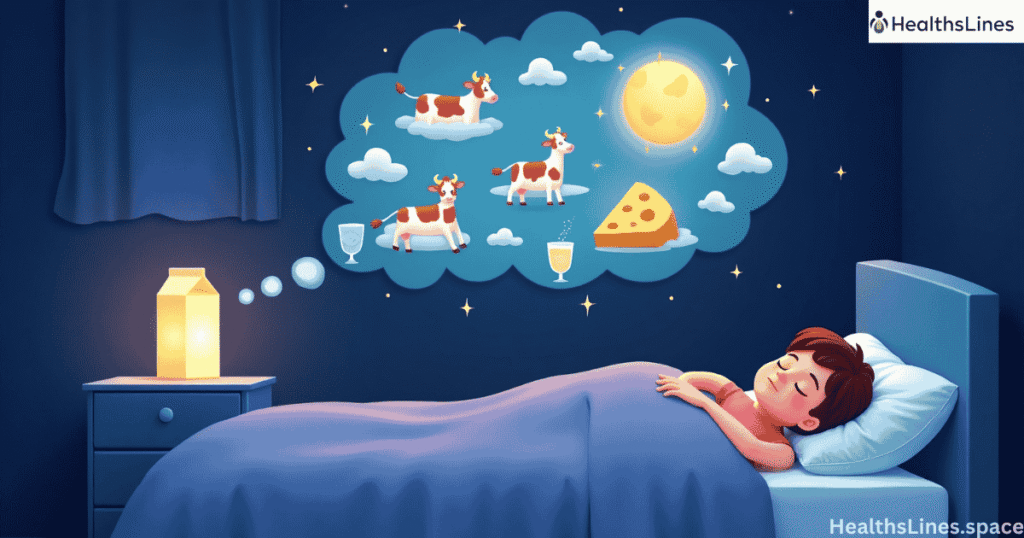
You can still enjoy dairy and get good sleep if you make smart choices. Pick dairy foods that are easier to digest, like yogurt with probiotics. These help your gut and support better sleep quality. Avoid high-fat or aged cheeses late at night because they may upset your stomach and affect your REM sleep.
Eat your last dairy snack at least two hours before bed. This gives your body time to start digestion and sleep easier. Drink warm milk before bed if it helps you relax, but watch how your body reacts. Keep your sleep space cool, dark, and quiet. Go to bed and wake up at the same time every day. Stay off phones and bright screens before sleep. You can also eat other foods with tryptophan like oats, turkey, and bananas to boost your sleep. These changes can help you rest well without skipping your favorite dairy treats.
So, Does Dairy Affect Dreams and Sleep?
Dairy before bed can change your dreams and how well you sleep. But it doesn’t happen to everyone. If you feel fine after dairy, you might sleep well. If you feel sick or have bad dreams, you may want to eat less or eat earlier.
Listen to your body. Keep track of how food affects your sleep. That way, you can make the best choices for a good night’s rest.
Conclusion
Dairy before bed might affect your dreams, but it depends on your body, your digestion, and how sensitive your sleep is. For some, it leads to vivid dreams or even nightmares, especially if there’s lactose intolerance or sleep disruption involved. Others may find that dairy actually helps them relax and sleep better.
The best advice is to listen to your body. Keep track of your dream recall, watch your diet, and experiment safely. If you notice problems, try switching dairy types or adjusting meal timing. With careful choices, you can enjoy dairy and still sleep soundly—with or without the dreams.


